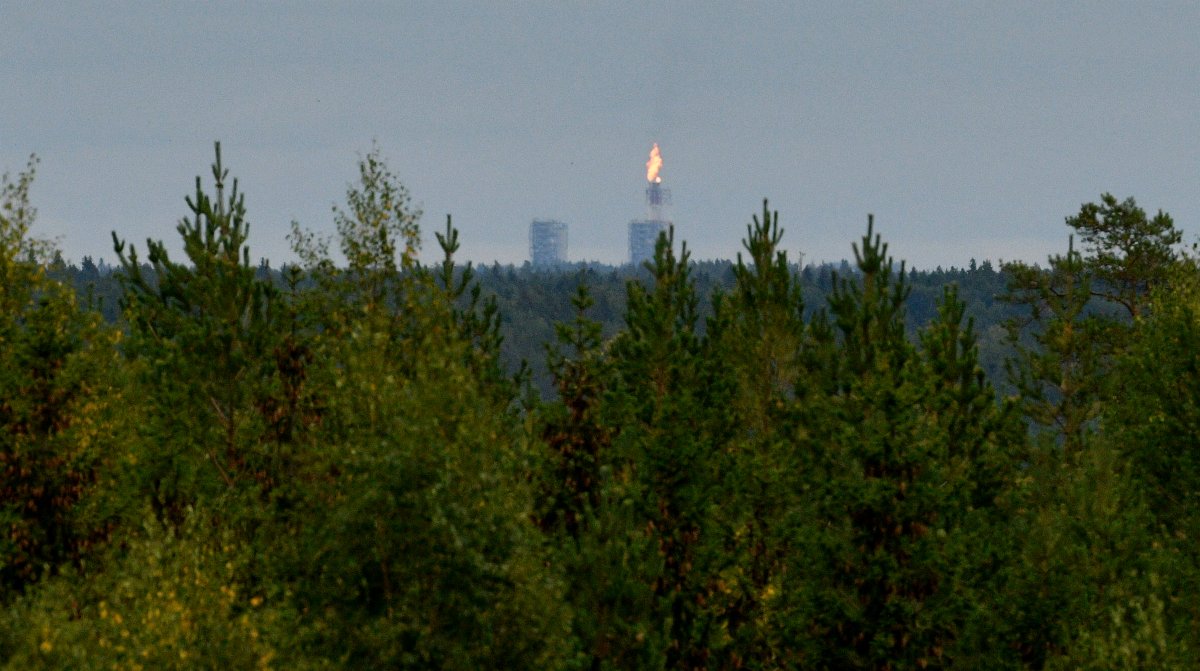Russia is wasting large volumes of natural gas by burning it in a huge orange flare near the Finnish border at a time when it has sharply cut deliveries to the European Union, scientists and analysts said on Friday.

Analysts from Rystad, an energy consultancy based in Norway, described it as an environmental disaster and estimated the amount of gas being burned off into the atmosphere was equivalent to about 0.5% of daily EU needs.
The spectacular flare can be seen in satellite images of Portovaya, site of a compressor station for the Nord Stream 1 gas pipeline under the Baltic Sea to Germany.
Russia has cut flows through Nord Stream 1 to just 20 per cent of capacity and plans to shut it down entirely for three days next week, citing maintenance issues with turbines. The EU accuses it of using gas as a weapon to fight back against Western sanctions over Ukraine.
Flaring is a common practice in oil and gas production, but the current level is unusually high and the timing is sensitive because of the Russian supply cuts.
Russian energy giant Gazprom did not reply to a request for comment.
Rystad analysts wrote: “Exact flaring volumes levels are hard to quantify but are believed to be at levels of around 4.34 million cubic metres per day. This equates to 1.6 billion cubic metres (bcm) on an annualized basis and is equal to around 0.5 per cent of the EU’s gas demand needs.”

The flaring was first reported in Finland, which borders Russia, earlier this month.
Professor Esa Vakkilainen at the LUT University, Lappeenranta, said Gazprom may have been burning as much as 1,000 euros worth of gas per hour for the past two months, while flaring was damaging the atmosphere.
“So this is also a big environmental problem, especially for the North Pole area where this soot has definitely an effect on global warming,” he said.
President Vladimir Putin has said that Russia, the world’s fourth-largest emitter of greenhouse gases, will strive to be carbon neutral no later than 2060, while the EU and other countries have urged Moscow to bring the goal forward by a decade.
Gazprom cut its natural gas output by more than 13 per cent from the start of the year until mid-August to around 275 billion cubic metres. Its gas exports outside the former Soviet Union have declined by over 36 per cent to 78.5 bcm amid the standoff with the West over Ukraine.
While most domestic experts have said that Gazprom could simply turn off the taps to regulate production, the company still has to burn off excess gas.
“The flaring is an environmental disaster with around 9,000 tonnes of CO2 being emitted daily,” Rystad said.
“The flaring flame is highly visible, perhaps indicating that gas is ready and waiting to flow to Europe if friendly political relations resume.”



Comments